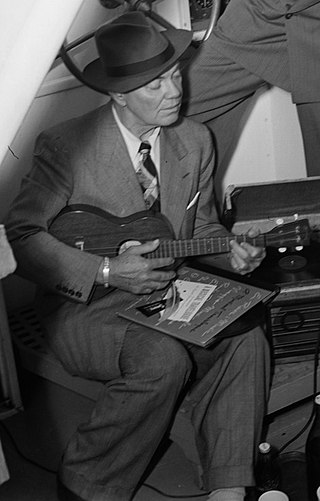
Clifton Avon "Cliff" Edwards, nicknamed "Ukulele Ike", was an American musician and actor. He enjoyed considerable popularity in the 1920s and early 1930s, specializing in jazzy renditions of pop standards and novelty tunes. He had a number one hit with "Singin' in the Rain" in 1929. He also did voices for animated cartoons later in his career, and he is best known as the voice of Jiminy Cricket in Walt Disney's Pinocchio (1940) and Fun and Fancy Free (1947), and Dandy (Jim) Crow in Walt Disney's Dumbo (1941).

Elisha Vanslyck Cook Jr. was an American character actor famed for his work in films noirs. According to Bill Georgaris of TSPDT: They Shoot Pictures, Don't They, Cook appeared in a total of 21 films noir, more than any other actor or actress. He played cheerful, brainy collegiates until he was cast against type as the bug-eyed baby-faced psychopathic killer Wilmer Cook in the 1941 version of The Maltese Falcon. He went on to play deceptively mild-mannered villains. Cook's acting career spanned more than 60 years, with roles in productions including The Big Sleep, Shane, The Killing, House on Haunted Hill, and Rosemary's Baby.

Preston Stratton Foster, was an American actor of stage, film, radio, and television, whose career spanned nearly four decades. He also had a career as a vocalist.

Chester Cooper Conklin was an early American film comedian who started at Keystone Studios as one of Mack Sennett’s Keystone Cops, often paired with Mack Swain. He appeared in a series of films with Mabel Normand and worked closely with Charlie Chaplin, both in silent and sound films.

Helen Mack was an American actress. She started her career as a child actress in silent films, moving to Broadway plays and touring one of the vaudeville circuits. Her greater success as an actress was as a leading lady in the 1930s. She made the transition to performing on radio and then into writing, directing, and producing shows during the Golden Age of Radio. She later wrote for Broadway, stage and television. Her career spanned the infancy of the motion picture industry, the beginnings of Broadway, the final days of vaudeville, the transition to sound movies, the Golden Age of Radio, and the rise of television.
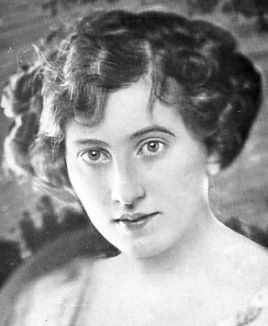
Pauline Theresa Moran billed as Polly Moran, was an American actress of vaudeville, stage and screen and comedian.

Hardie Hunter Albright was an American actor.

Edward Quillan was an American film actor and singer whose career began as a child on the vaudeville stages and silent film and continued through the age of television in the 1980s.

George Delbert "Dell" Henderson was a Canadian-American actor, director, and writer. He began his long and prolific film career in the early days of silent film.

Harry Lewis Woods was an American film actor.
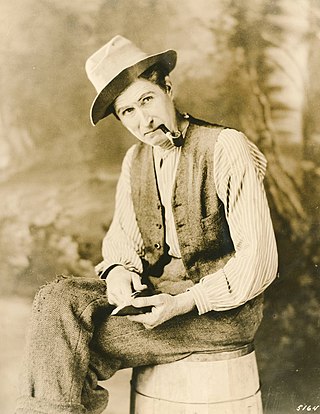
Russell McCaskill Simpson was an American character actor.

Charles Albert Murray, was an American film actor of the silent era.

Roscoe Karns was an American actor who appeared in nearly 150 films between 1915 and 1964. He specialized in cynical, wise-cracking characters, and his rapid-fire delivery enlivened many comedies and crime thrillers in the 1930s and 1940s.
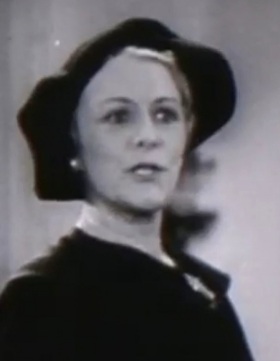
Nella Walker was an American actress and vaudeville performer of the 1920s through the 1950s.
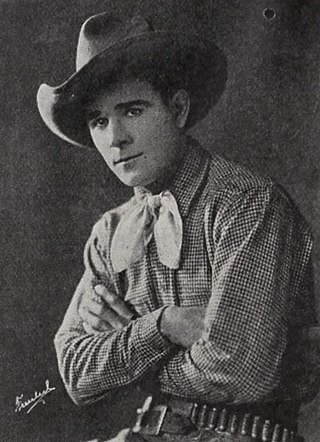
Buddy Roosevelt was an American film and television actor and stunt performer from Hollywood's early silent film years through the 1950s.
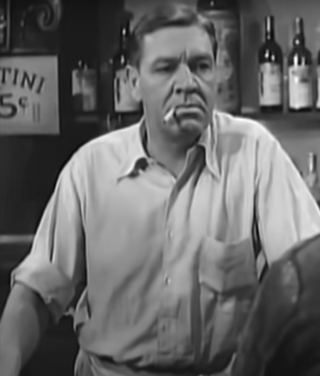
Max Wagner was a Mexican-born American film actor who specialized in playing small parts such as thugs, gangsters, sailors, henchmen, bodyguards, cab drivers and moving men, appearing more than 400 films in his career, most without receiving screen credit. In 1927, he was a leading witness in the well-publicized manslaughter trials of actor Paul Kelly and actress/screenwriter Dorothy Mackaye.

Richard "Skeets" Gallagher was an American actor. He had blue eyes and his naturally blond hair was tinged with grey from the age of sixteen.

Donald Provost Dillaway was an American stage and film actor.

Stanley Fields was an American actor.

Robert North was an American vaudeville performer who became a success as a stand-up comedian. Later he became a prolific motion picture producer.




















